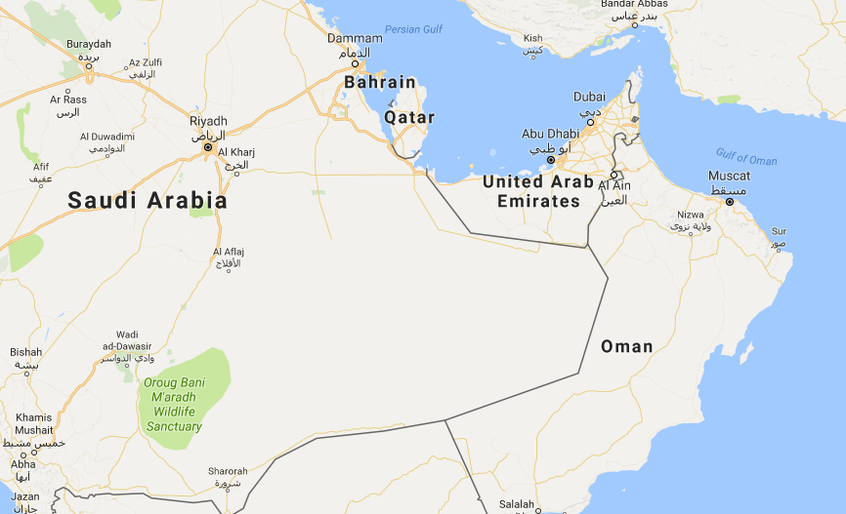Fearing food shortages in blockaded Qatar, the Philippines yesterday halted the flow of workers to the gas-rich Gulf state as the diplomatic crisis gripping the region intensified.
Labour Secretary Silvestre Bello told reporters in Manila that there were 141,000 documented Filipino workers in Qatar as of last year, but the total number could surpass 200,000 if those without proper documents were also counted. He said the ban would be in place until his government completed an assessment of the situation.
The crisis erupted on 5 June when Saudi Arabia, the United Arab Emirates (UAE), Egypt, and Bahrain severed relations with Qatar, accusing it of supporting ISIS and other terror groups in the biggest diplomatic row to have hit the region in years. Yemen, Libya and the Maldives also cut ties with Qatar.
Qatar’s nearest neighbours Saudi Arabia, UAE and Bahrain cut off air, sea and land routes to the country of 2.7 million, and gave Qataris 14 days to leave.
The blockade could threaten a sustained construction boom in Qatar as the country builds stadiums, infrastructure and property developments ahead of the 2022 FIFA World Cup.

Qatar’s nearest neighbours Saudi Arabia, UAE and Bahrain cut off air, sea and land routes (Google maps)
The Philippines is worried for its citizens’ welfare. “[W]e know for a fact that Qatar does not produce its own food. If anything happens that they run out of food and food riots will take place, definitely our OFWs [Overseas Filipino Workers] … will be the first victims,” he said at a news conference, Arabian Business reported.
Meanwhile, the growing hostility towards Qatar was made clear today when the UAE Attorney-General decreed that Qatari sympathisers would face a jail term of up to 15 years and be hit with a substantial fine.
“Strict and firm action will be taken against anyone who shows sympathy or any form of bias towards Qatar, or against anyone who objects to the position of the United Arab Emirates, whether it be through the means of social media, or any type of written, visual or verbal form,” said Counsellor Dr Hamad Saif Al Shamsi, reports Gulf News.
Explaining its actions, the Saudi government in a statement accused Qatar of supporting “terrorist and sectarian groups aimed at destabilising the region including the Muslim Brotherhood Group, Daesh (ISIS) and Al-Qaeda, promoting the ethics and plans of these groups through its media permanently, supporting the activities of Iranian-backed terrorist groups in the governorate of Qatif of the Kingdom of Saudi Arabia and the Kingdom of Bahrain”.
In an interview with Qatari broadcaster Al Jazeera today, Qatar’s ambassador to the US, Meshal Bin Hamad Al Thani, expressed shock and surprise over the rift and insisted “there is no ground for these accusations”.
Image: Qatar’s sustained building boom relies entirely on foreign workers (www.sc.qa)










